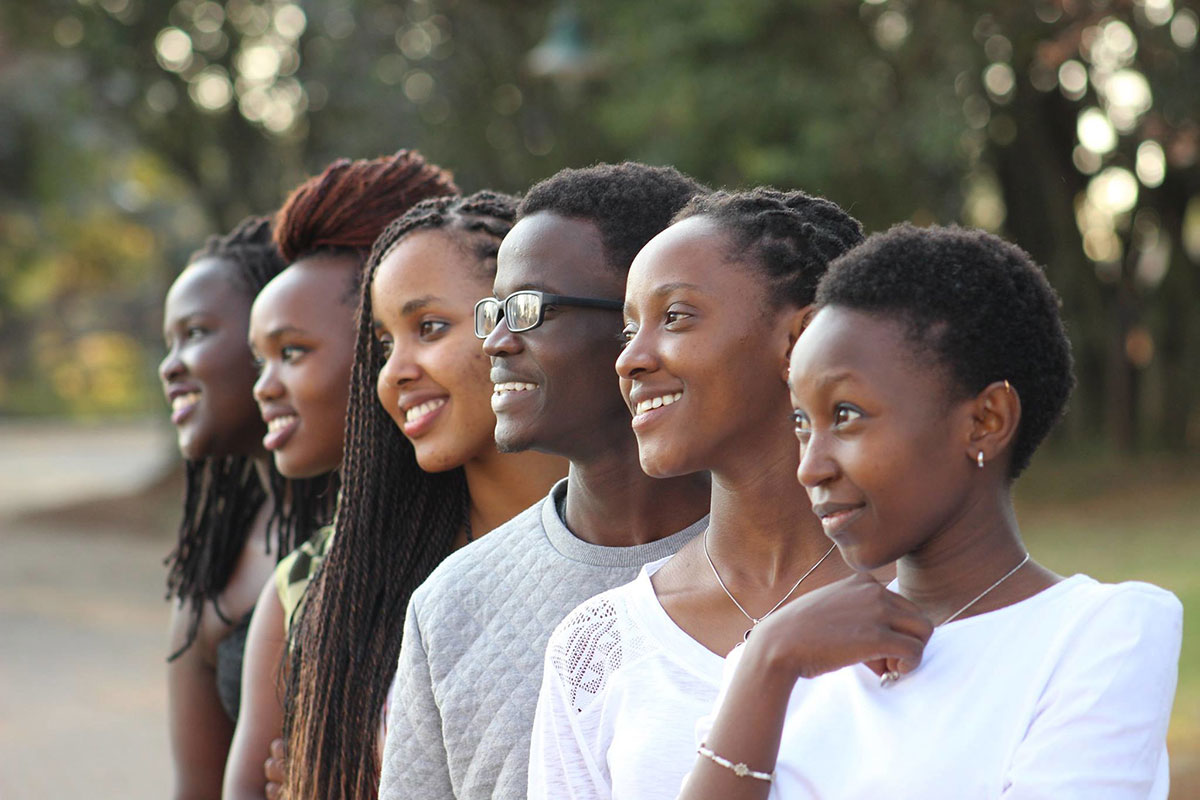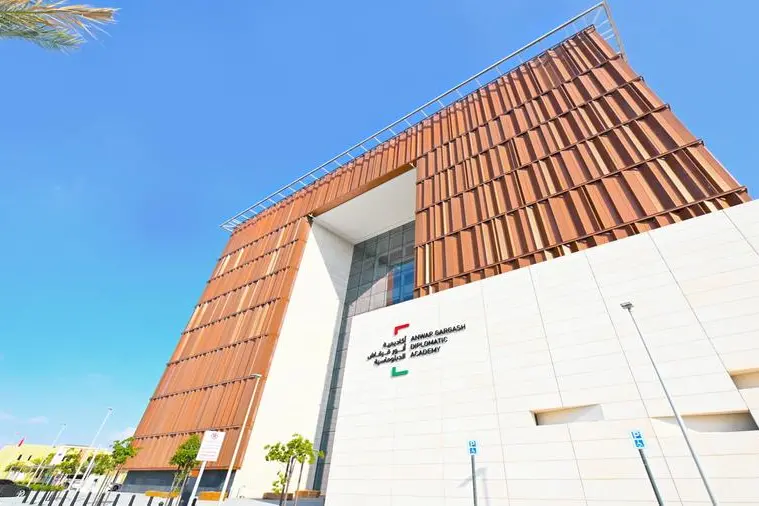ACCORD hosted a Knowledge Building Session on Negotiation and Mediation with AASU, as a continuation of the Conflict Management Training conducted from 24 – 26 February 2021. The knowledge session was designed to deepen the student leaders’ understanding on mediation and negotiation, provide practical case studies on how to use the mediation and negotiation skills at the community/local level and to build an understanding of the challenges that occur in mediation and negotiations. The trainer, Dr. Patrick Maluki, a senior lecturer at the Institute of Diplomacy and International Studies at the University of Nairobi, led the virtual event.
Dr. Maluki covered three broad areas in the training, including understanding mediation and negotiation, a case study on mediation and negotiation, and the challenges around mediation and negotiation. In building understanding on mediation and negotiation, Dr. Maluki differentiated between positions, interests and needs in negotiation, and delved deeper into the different styles of negotiation as well as the mandate of a mediator and the importance of an inclusive approach. In expanding on the challenges of mediation and negotiation, Dr. Maluki spoke about incompatible issues, clashing values and identities, disagreements over facts, historically negative relations, and logistical challenges such as limited resources and unclear or overlapping mandates. The case study was from the Bawumpila Community Forest Negotiations in Ghana, which helped to highlight how all these factors come into play, and how challenges were handled, and ultimately overcome, in the negotiation and mediation process.
This knowledge session and the previous trainings with this group of youth were conducted in recognition of the role African youth play in society and how this role is slowly shifting from spectators, victims, and agents of violence to being actors and agents of peace. In understanding of mediation and negotiation skills the university student leaders will endeavor to effectively manage conflict situations. The training therefore sought to contribute towards strengthening the capacities of student leaders to prevent and mitigate conflict at local level.








